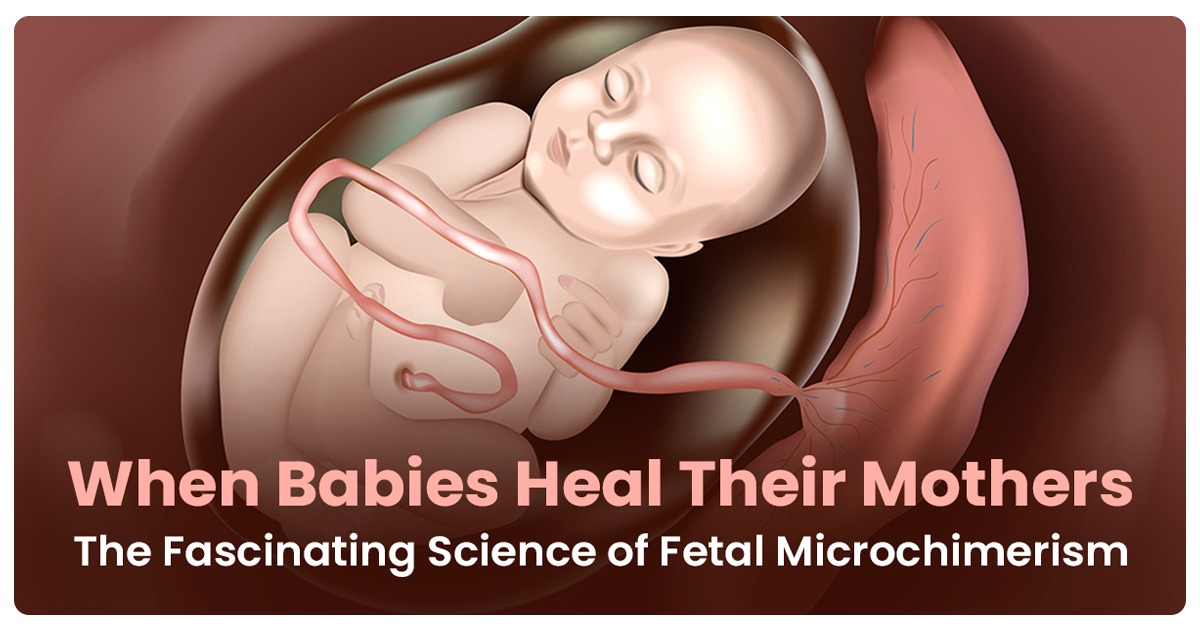May is Neurofibromatosis (NF) Awareness Month, a time to shed light on this often misunderstood genetic condition. If you’re expecting, you might wonder—can it affect my baby? Should I be concerned?
Let’s break it down simply, without the overwhelm.
What is Neurofibromatosis?
Neurofibromatosis is a group of genetic disorders that cause tumors to form on nerve tissue. These tumors are usually benign, but depending on their location and size, they can affect how the body works.
There are three main types:
- NF1 (most common): May cause skin changes, learning difficulties, or nerve tumors
- NF2: Affects hearing and balance, usually in adolescence
- Schwannomatosis: A rarer type involving nerve pain and tumors
Can It Be Detected Before Birth?
In most cases, Neurofibromatosis is inherited. If one parent has NF1 or NF2, there’s a 50% chance it can be passed on. In such situations:
✅ Genetic counseling is recommended
✅ Non-invasive prenatal testing (NIPT) or chorionic villus sampling (CVS) may be considered
✅ Detailed fetal ultrasounds can help monitor certain features (though most NF symptoms show up after birth)
What Should Expecting Parents Do?
If there’s a family history or confirmed diagnosis:
- Speak with a fetal medicine specialist: They’ll help assess your baby’s risk and guide next steps.
- Don’t panic: Many with NF1 lead full, healthy lives.
- Plan for early screening after birth to stay ahead of any symptoms.
Final Thought: Awareness Empowers Action
While there’s no cure for neurofibromatosis, early detection, regular monitoring, and support can make a big difference. If you have concerns or a family history, connect with your fetal medicine team early on. Together, we can ensure your baby gets the best possible start.




